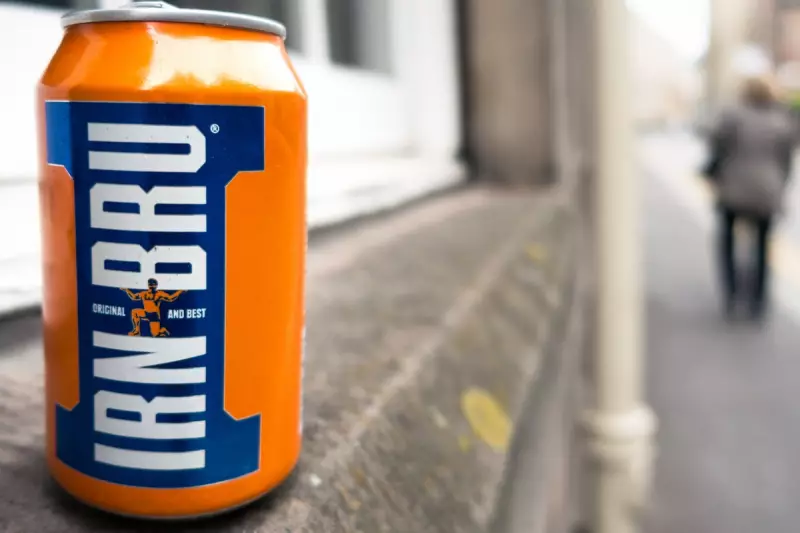
In a landmark move for public health, the UK government has confirmed plans to implement a nationwide ban on selling energy drinks to children under 16. The controversial restrictions target beverages containing more than 150mg of caffeine per litre, putting popular brands like Irn-Bru and products from A.G. Barr firmly in the crosshairs.
The Health Crisis Driving the Ban
This decisive action comes amid mounting evidence linking energy drink consumption to serious health issues in young people. Medical experts have repeatedly warned about the dangers of excessive caffeine and sugar intake, which has been connected to:
- Sleep disturbances and insomnia
- Heightened anxiety and behavioural problems
- Increased risk of obesity and dental issues
- Cardiovascular concerns including elevated blood pressure
Public Health England statistics reveal alarming consumption patterns, with a significant percentage of children and young adults regularly consuming these high-stimulant beverages.
Industry Giants Under Pressure
The ban represents a significant challenge for beverage manufacturers, particularly industry heavyweight A.G. Barr. The company, famous for its iconic Irn-Bru brand, now faces substantial reformulation challenges for several of its products to comply with the new standards.
This regulatory crackdown follows the successful implementation of the sugar tax on soft drinks, demonstrating the government's continued commitment to tackling childhood obesity and promoting healthier eating habits.
Implementation and Enforcement
The restrictions will apply across all retail channels, including:
- Supermarkets and convenience stores
- Vending machines in schools and leisure centres
- Online retailers and delivery services
Retailers will be required to implement strict age verification processes, similar to those used for tobacco and alcohol sales, with significant penalties for non-compliance.
This bold move positions the UK at the forefront of European public health initiatives, potentially setting a precedent for other nations grappling with similar childhood health crises. The government's determination to prioritise children's wellbeing over commercial interests marks a significant shift in nutritional policy that could reshape the beverage industry for years to come.





